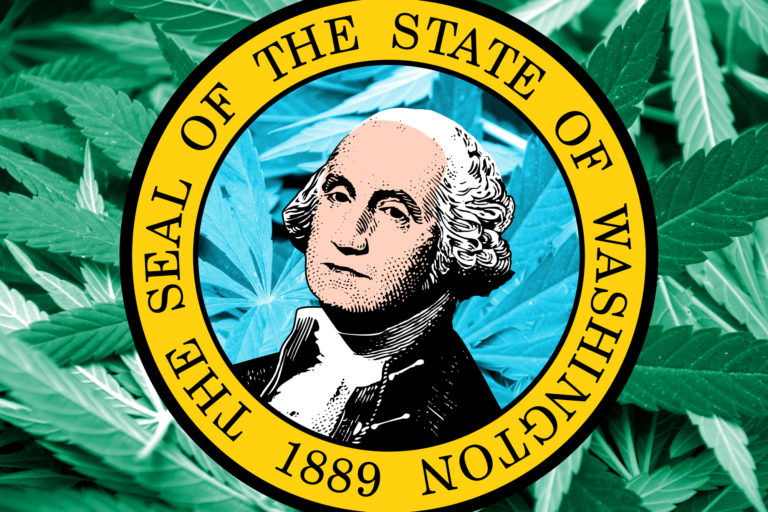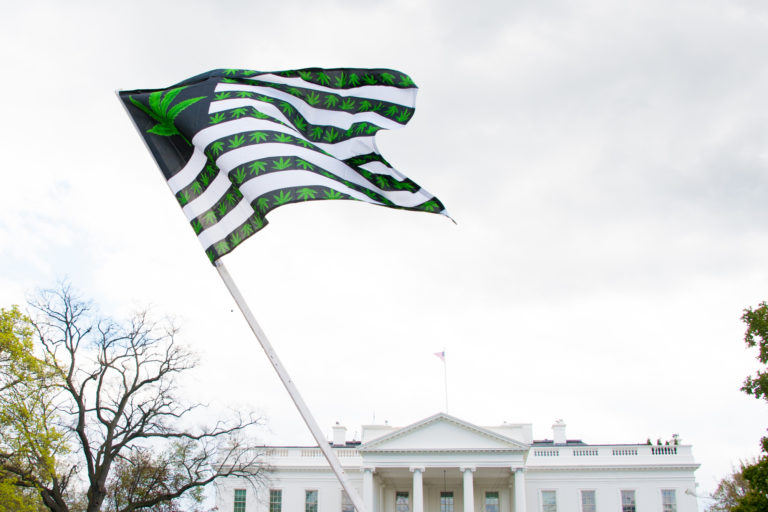
Oregon Cannabis Rules Update: Drive-Thru, Delivery
Last month, my Portland colleague and cannabis business litigator extraordinaire Jesse Mondry authored a post titled Oregon Cannabis: Drive-Thru Marijuana Sales Ending? On Friday, December 16, we got an answer to that question. The answer, I’m glad to report, is “not at this time.” That determination came via the Oregon Liquor and Cannabis Commission’s (OLCC)


















